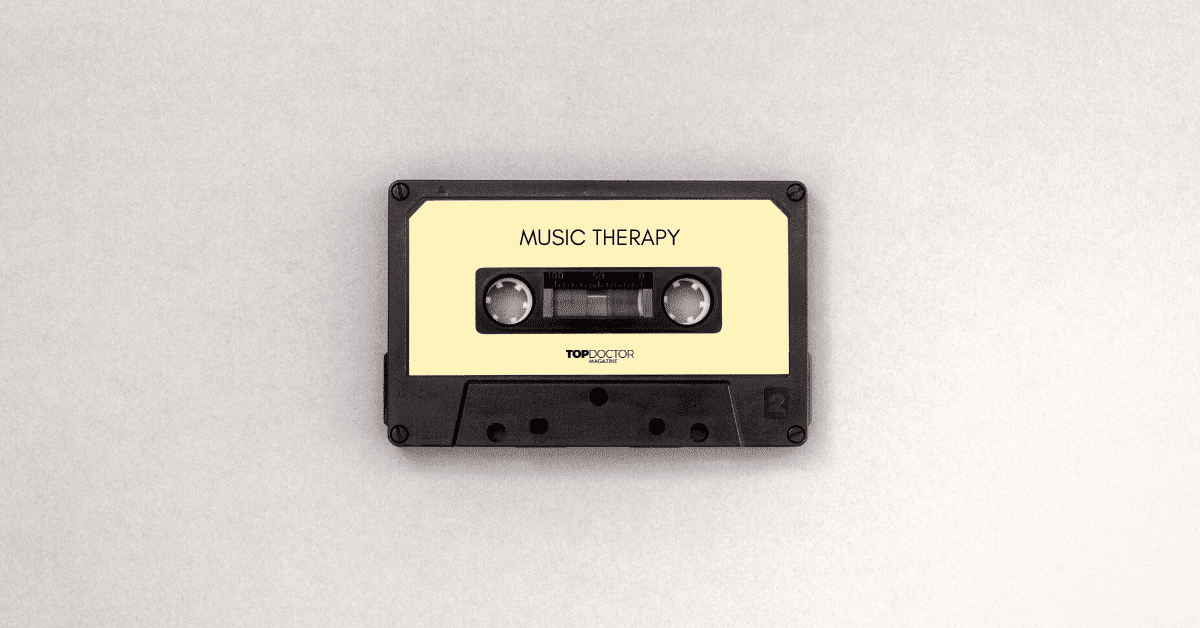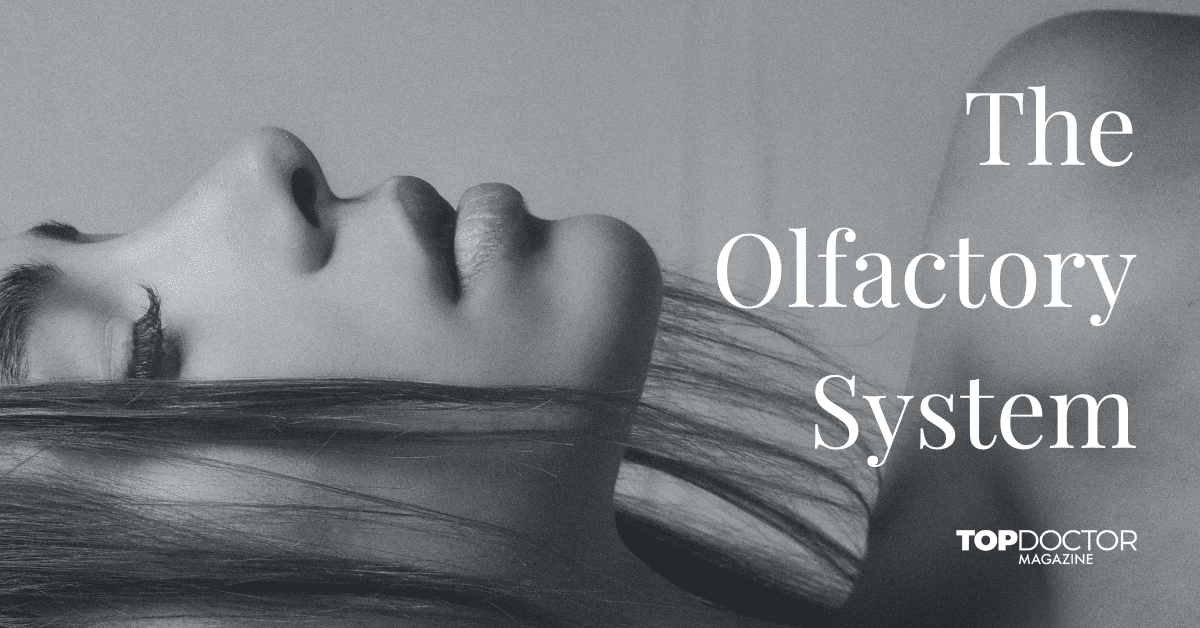Have you ever thought about whether sounds or music could aid in healing your body?
Sound therapy is an effective and increasingly popular way to improve overall health and well-being. From sound baths to music therapy, there are many ways to use sound for its healing properties.
Sound therapy can reduce anxiety, improve sleep quality and manage pain when used to its full potential. As a result, hospitals and other healthcare settings are increasing their use of sound therapy to support patients during their recovery.
The history of sound and music therapy dates back thousands of years, when ancient cultures used music and sound for healing purposes. Today, sound therapy is regaining its pristine popularity as a complementary and alternative medicine (CAM) approach.
There are many different types of sound therapy, each with its unique benefits.
Binaural Beats
Binaural beats are your brain’s illusive perception of two different frequencies being played in each ear, thus creating a third frequency in the middle of the two. For example, if the left ear picks up a tone at 210 Hz and the right ear picks up a tone at 200 Hz, the binaural beat is 10 Hz, the difference between the two frequencies. The binaural pulse is an illusion created by your brain rather than an actual audible sound heard by your ears.
The pulsing tone perceived by your brain causes your brainwaves to synchronize with the tone’s frequency, an effect called brainwave entrainment.
The effects of this therapy are still not fully understood, but decades of research have uncovered several benefits, such as stress relief, sleep disorder amelioration and focus improvements. Binaural beats are often used for meditation or relaxation, but they have also been found to help with insomnia, anxiety and PTSD. In addition, the 40 Hz or gamma wave binaural beat has been shown to promote focus and concentration alongside improvements in memory. Subjects were shown to have improvements after even just 3 minutes of exposure.
Sound Baths
A sound bath is a type of therapy that uses sound to heal the body, mind and soul. It’s a relaxing session where you lie down on your back and listen to sounds from bells, gongs, singing bowls and other instruments for about an hour, typically after a yoga session or as a one-time event.
Singing bowls for sound baths use vibrational frequencies to promote healing. The bowls are made of metal or crystal, producing a resonant sound when struck with a mallet. The sound waves produced by the bowl can help the body relax and rejuvenate.
Sound baths are gaining popularity as a way to relax and de-stress, as they help promote relaxation and stress relief. A 2020 research review reiterated the positive effects but cautioned about the small number of studies on sound baths and their potential risk of methodological bias.
Music Therapy
Another popular type of sound therapy is music therapy, which people use to help their bodies heal from physical, emotional and mental traumas.
Music therapy uses multiple techniques to achieve its benefits. These include listening to music, playing instruments and singing. The therapist will work with the patient to find the best approach for their needs.
Music is beneficial for reducing stress, improving moods and helping people cope with anxiety and depression. A study from Mcgill University has shown that listening to music was more effective than taking prescription drugs in reducing anxiety before surgery.
Music is also beneficial for those who are ill or recovering from surgery by reducing pain, anxiety and stress and promoting healthy recovery. A study from Brunel University in London has shown that music therapy can reduce both pain and anxiety in patients recovering from surgery.
Music therapy can be a salutary avenue for people struggling with addiction. Studies have shown that music therapy help reduce cravings and withdrawal symptoms in people trying to quit drugs or alcohol. Music therapy also helps people struggling with addiction by providing a positive outlet for emotions and helping them to cope with stress. It is the ideal channel for expressing feelings and achieving more profound levels of relaxation.
The benefits of music therapy break the barriers of age. Research has shown that singing is better for calming babies down than talking. Babies are more relaxed and engaged when they hear their parents sing rather than talk. Singing also helps them develop their language skills and their ability to understand music and rhythm.
A Parting Reminder
If you’re looking for a natural way to reduce stress and promote healing, sound therapy may be right for you. And if you’re wondering where to start, there are plenty of binaural beats available on the Internet that might resonate with you. However, it is best to look for qualified, professional music therapists for sound baths and music therapy.






0 Comments